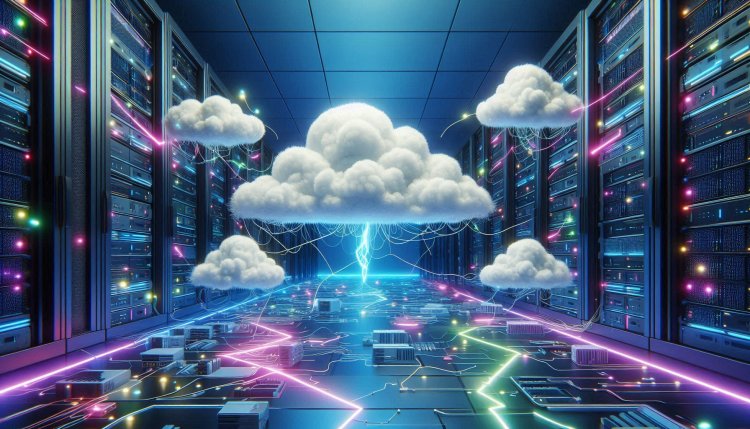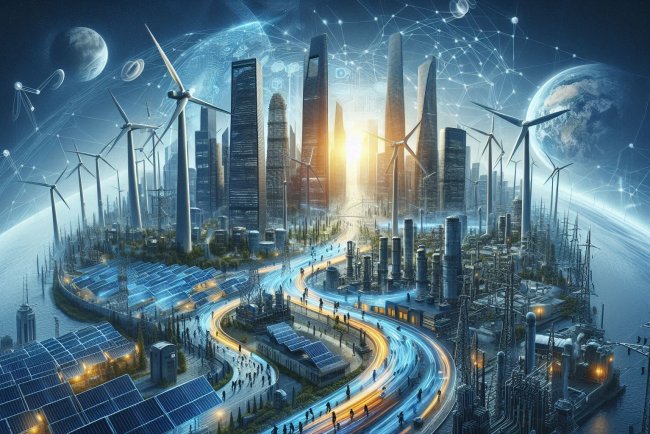AI society: Societal impacts and cultural implications
Explore the societal impacts and cultural implications of AI in the modern world. Discover how artificial intelligence is shaping our society.

Societal impacts and cultural implications of AI
Artificial Intelligence (AI) has been rapidly advancing in recent years, revolutionizing various industries and transforming the way we live and work. While AI brings numerous benefits and opportunities, it also raises several societal and cultural concerns that need to be addressed.
Impact on Employment
One of the most significant societal impacts of AI is its effect on employment. As AI technologies automate tasks previously performed by humans, there is a growing concern about job displacement and the potential loss of livelihoods. This shift in the labor market requires proactive measures, such as retraining programs and policies to support displaced workers.
Privacy and Data Security
AI relies heavily on data to function effectively, raising concerns about privacy and data security. As AI systems collect and analyze vast amounts of personal data, there is a risk of data breaches and misuse. It is essential to establish clear regulations and guidelines to protect individuals' privacy and ensure the responsible use of data in AI applications.
Bias and Discrimination
AI algorithms can inadvertently perpetuate bias and discrimination, as they are trained on historical data that may reflect societal prejudices. This bias can lead to unfair decisions in areas such as hiring, lending, and law enforcement. Addressing bias in AI requires greater diversity in data sets, transparency in algorithms, and ongoing monitoring to ensure fairness and equity.
Ethical Considerations
The rapid advancement of AI raises complex ethical considerations, such as the use of autonomous weapons, the impact on human autonomy, and the potential for AI to outperform human intelligence. It is crucial to engage in ethical discussions and establish principles to guide the development and deployment of AI technologies responsibly.
Cultural Shifts
AI is reshaping cultural norms and practices, influencing how we interact with technology and each other. From virtual assistants to personalized recommendations, AI is changing the way we consume information, make decisions, and communicate. These cultural shifts require us to reflect on the values and beliefs embedded in AI systems and their implications for society.
Health and Well-being
AI has the potential to revolutionize healthcare by enabling personalized medicine, improving diagnostics, and enhancing patient care. However, there are concerns about the ethical use of AI in healthcare, such as patient privacy, data security, and the impact on the doctor-patient relationship. Balancing the benefits of AI in healthcare with ethical considerations is crucial for ensuring the well-being of patients.
Education and Skills Development
As AI transforms the nature of work, there is a growing need for individuals to acquire new skills and competencies to thrive in the digital economy. Education systems must adapt to prepare students for the jobs of the future, emphasizing critical thinking, creativity, and adaptability. Lifelong learning and upskilling programs are essential to equip individuals with the skills needed to succeed in an AI-driven world.
Environmental Impact
AI technologies have the potential to address environmental challenges, such as climate change and resource management. From optimizing energy consumption to predicting natural disasters, AI can contribute to sustainability efforts and improve environmental outcomes. By leveraging AI for environmental conservation and sustainability, we can create a more resilient and eco-friendly future.
Conclusion
AI has the power to transform society and culture in profound ways, offering new opportunities and challenges that require careful consideration and thoughtful action. By addressing the societal impacts and cultural implications of AI, we can harness its potential for the greater good and build a more inclusive and ethical future for all.
What's Your Reaction?

















